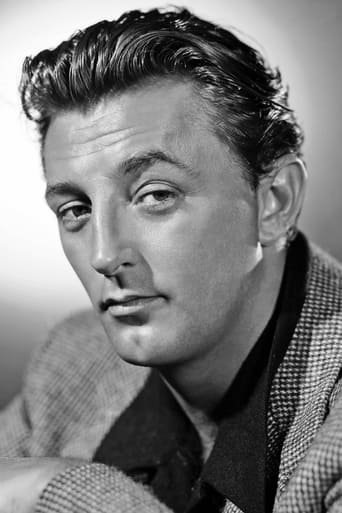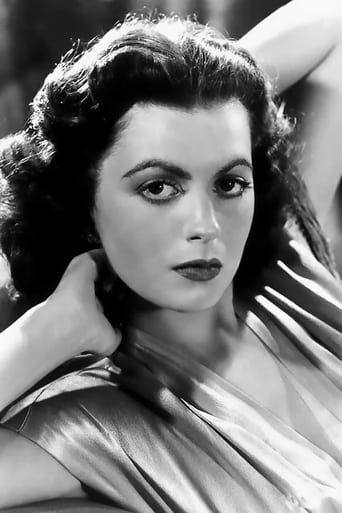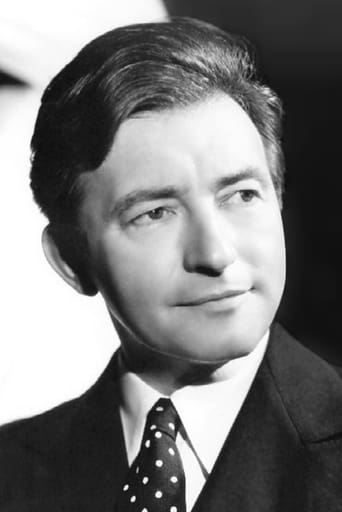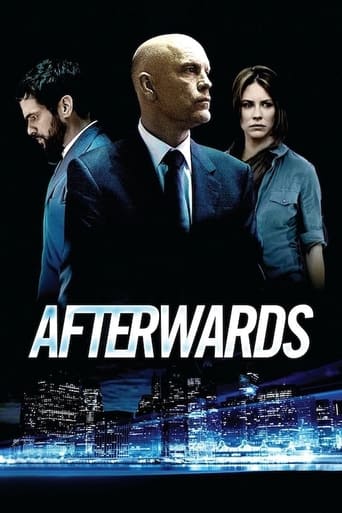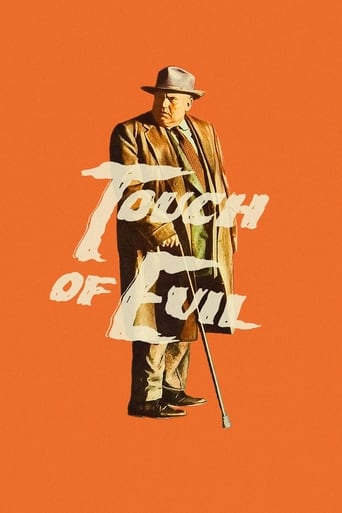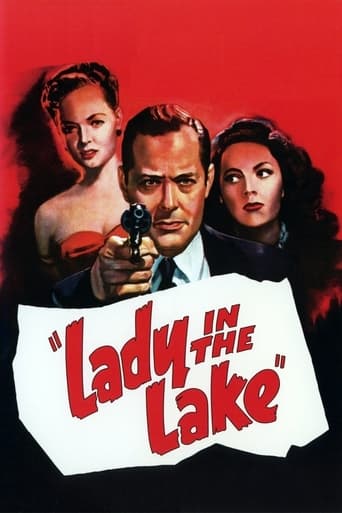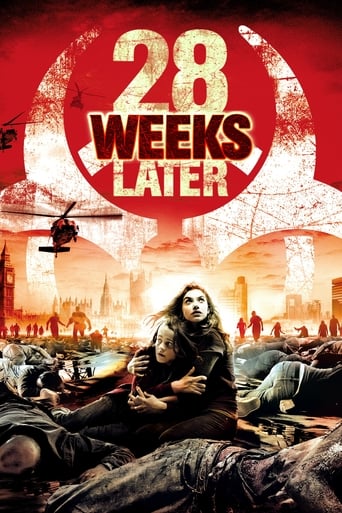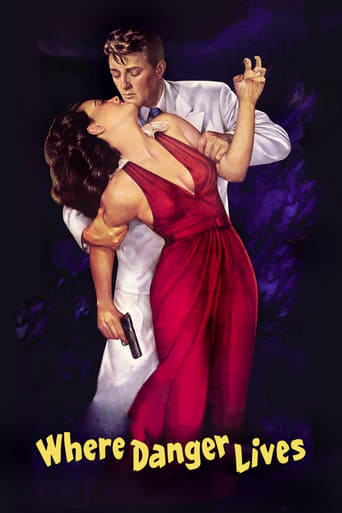
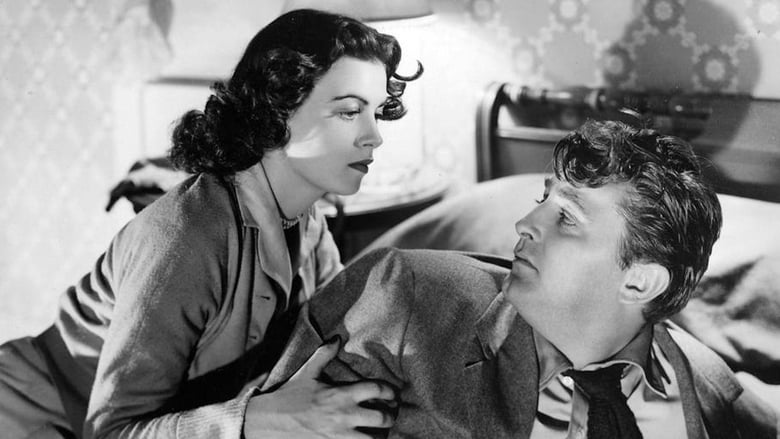
Where Danger Lives (1950)
A young doctor falls in love with a disturbed young woman and apparently becomes involved in the death of her husband. They head for Mexico trying to outrun the law.
Watch Trailer
Cast
Similar titles
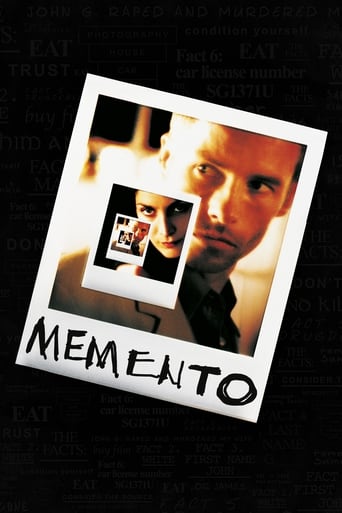
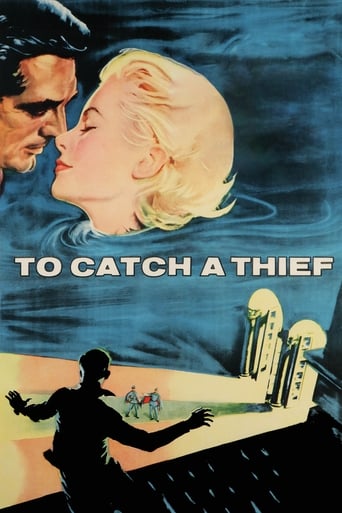

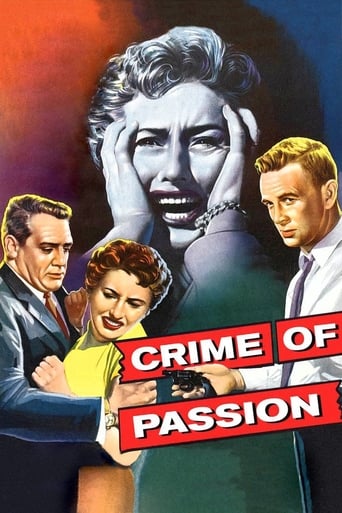
Reviews
Best movie of this year hands down!
Just what I expected
This is a coming of age storyline that you've seen in one form or another for decades. It takes a truly unique voice to make yet another one worth watching.
It's the kind of movie you'll want to see a second time with someone who hasn't seen it yet, to remember what it was like to watch it for the first time.
Domergue and Mitchum lives in dangerous ground after a series of mistakes end up a dead end...this unusual noir has some holes but has action and suspense enough to forget a minor bugs...the last part of the picture near the Mexican border the plot has a high point and burn than never...the supporting cast are quite good mainly Claude Rains and Maureen o'Sullivan maybe a little older for this role,"Our" Irwin Allen was associate producer.Resume: First watch: 2017 / How many: 1 / Source: DVD / Rating: 8
When a young woman comes into the hospital following a suicide attempt, young (and rather foolish) Doctor Jeff Cameron takes an interest in her (perhaps he likes women who feel like they have nothing to live for?) and follows up, seeing her a few times. One evening when Margo is due to travel away with her father, Jeff drunkenly plucks up the courage to go and see her and her dad with a rose and some sweet words. Unfortunately what he finds is that Margo does not live with her father but rather with her older husband. Millionaire Lannington treats Jeff with a playful contempt of a man used to his young, beautiful wife acting out but the meeting goes badly and, although Jeff's drunken state makes memory hazy, it seems a simple scuffle saw Lannington fall and bang his head, killing him. With Margo pulling him all the way, the pair decide to leave the body to be discovered in 4 days and use that time to flee the country together.This film has a central problem and it is one that it never really gets over and this is that it isn't built on very much. Firstly the passion Jeff feels for Margo is never explained and never given but a few seconds to really settle in and convince. As soon as we are expected to believe this relationship, we jump into the characters being on the run from murder in a way that relies on Jeff being drunk and beyond his sense for a very long period of time. The film does make good use of mistakes and assumptions (the cops at the airport for example) to make the characters more desperate than they need to be, but it is still asking a lot to go along with as the characters are not totally convincing. This continues right through to the very end because we are clearly never meant to turn against Jeff (which is why he gets a happy ending) and Margo gives him a spiteful deathbed confession. Her motivations for doing so make sense in one hand but personally I would have preferred her twisted character to have reached from the grave and taken Jeff with her out of spite, specifically by making her last words a clarification that Jeff did the killing and dragged her along for the ride. A dark ending but it would have lifted the film more than the pat thing it ends with, which just seemed like a copout to me.It doesn't help that Robert Mitchum is miscast. Perhaps he was not known as a tough guy at the time, but this is who he is and he cannot convince in a character that is weaker and taken over by Margo, a less imposing presence was required – someone less starry or more able, and this is not him. Of course the material doesn't help him but generally he doesn't sell this character. Domergue is faced with the same material but does a bit better as she is given a better role and she gradually play her hand during the film, starting out glamorous and showing impatience before leading into spite. They do have good moments but their flight doesn't always convince and the various obstacles occasionally feel forced and contrived (arrested for no facial hair!?).Where Danger Lives is decent enough as a story to follow along with, it moves forward with OK pace, but it is built on weakness that it never shakes off and it shows its colors in its final few minutes when, instead of embracing the darkness, it gives its main character an easy way out and provides the viewer with an ending that is as safe as it is disappointing.
This peculiar excursion is skillfully shot by Nick Musuraca in the dark black and white nature of the genre in its era, and is capably helmed by John Farrow, who fruitfully captures these delirious visions. It's by and large a character study of an accomplished man blinded by lust, whose life disintegrates as it falls behind him. Mitchum is the guiltless man who is entrapped, but doesn't understand he's innocent until quite late. Too late? Only the will to live in spite of being so far out of his comfort zone and his senses can save him from this interesting spin on the framed-for-murder predisposition of the formula.Mitchum, as was his modus operandi, once again put on airs of sleepy-eyed detachment and barrel-chested reserve, but in this case, he is interesting and sympathetic, realistically showing how a smart guy and such an experienced doctor could be in such a weak position. He genuinely and believably connects to the emotional and sensory reality of his bewildered character, whose feelings and senses are constantly in flux. Likewise, director John Farrow effectively taps the outlandish, hallucinatory traits in this customary noir plot: Mitchum spends the last half of the film barreling down the dirt roads of southern California with a concussion, fainting cyclically and awakening enclosed by some of the murkiest landscape the U.S. has to present.Yes, Mitchum is cast against type as a stable professional, but actually, I think Faith Domergue is equally if not more accountable for the lack of artifice in Mitchum's performance than he is. From moment to moment, and this is most definitely a movie that lives in the present, she genuinely affects him. They're not just saying lines at one another, overlapping their words and movements with some programmed, bottled manner. The sultry, manic, hard-bitten, shifty-eyed edge is real. What's more, Claude Rains as always is superb, in a small role but a pretty important one, where his every motion looks to be controlled over a maniacal wrath all set to gush out, best illustrated by his malicious grin while meeting his wife's lover. And the film's a pleasingly bizarre screwball streak further sets it apart as a unique entry in the film noir canon.
Film-noir wasn't all about amazing masterpieces by Orson Welles, John Huston and Alfred Hitchcock. The genre is full of b-class stories from which the most remembered ones are by Edgar G. Ulmer and Joseph H. Lewis. Robert Mithcum was a big star of these b-class noir films, but he wasn't a bad actor at all. He made on impressive performance in a very good film-noir, which wasn't even close to a b-class movie, Out of the Past (1947) by Jacques Tourneur. Mitchum is also remembered for Angel Face (1952) also a film-noir. Moral complexity, outlaws, dangerous women and desperate men were the trademarks of the genre, which can all be found is this commercial - mostly made for entertainment - film by John Farrow, who directed a few other film-noirs as well such as Calcutta (1947), The Big Clock (1948), Night Has A Thousand Eyes (1948) and His Kind of Woman (1951).The direction by Farrow is at times very conventional and he accidentally makes unintentional comedy in a few scenes. The story gets going when Jeff Cameron, a doctor (an unusual role for Mitchum) sees a suicide patient at his department. The following day he gets a suspicious note from the woman and is asked to meet her at an apartment. Eventually Jeff falls in love with the woman and gets framed for a murder. The rest of the film shows the running away of Jeff and her lover.Running away from the law was also a very common subject for film-noir. Anthony Mann's Desperate (1947) and Alfred Hitchcock's Spellbound (1945) probably being the most remembered ones. Running away always meant something more than just the concrete escape. In Hitchcock's Spellbound John is running away from the police, but also from his subconsciousness. In Where Danger Lives Jeff (Mitchum) is running away from the law and the difficulty of stable life.To my mind Where Danger Lives was a very well made film-noir. It is a very interesting film for all of those interested in film-noir and history of cinema, but it is also a treat for those who enjoy an entertaining thriller every now and then. Even that Mitchum's performance isn't the best one could find it has its own greatness - something similar that Vincent Price has. An entertaining common film-noir.
